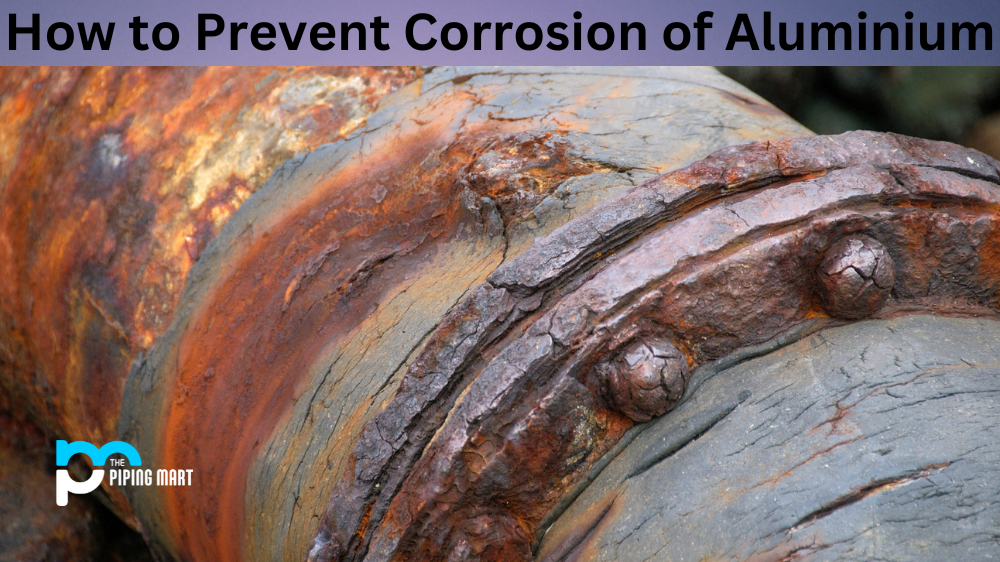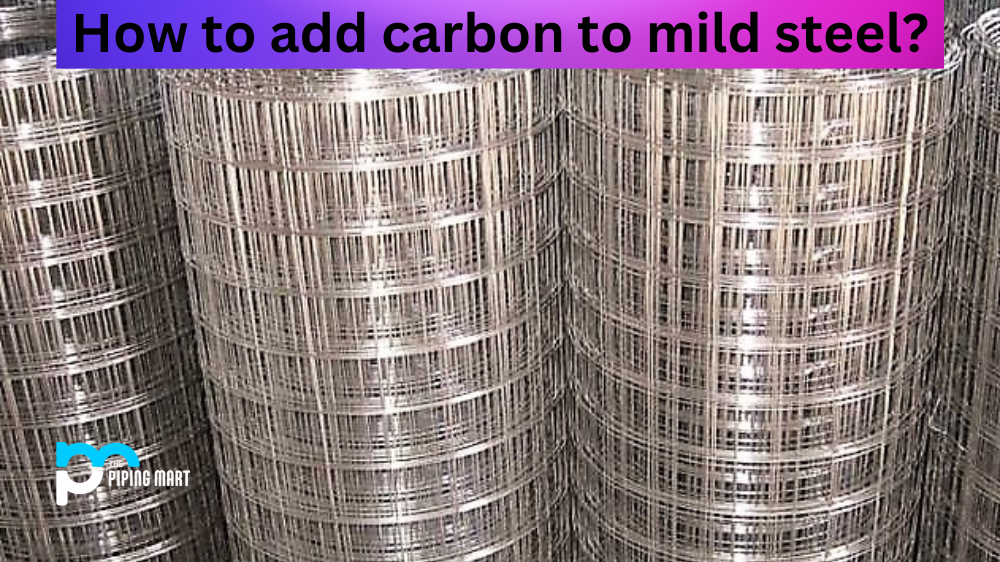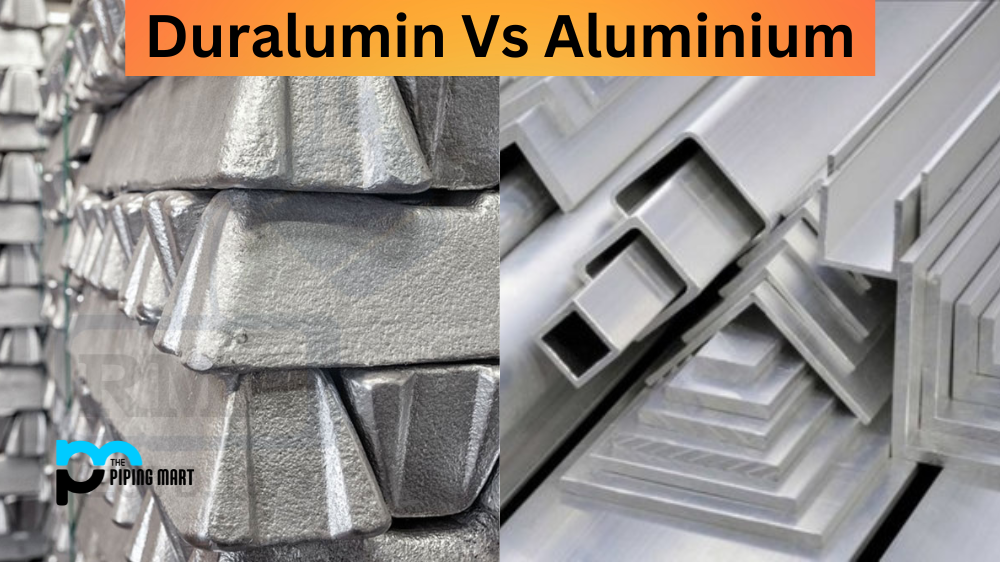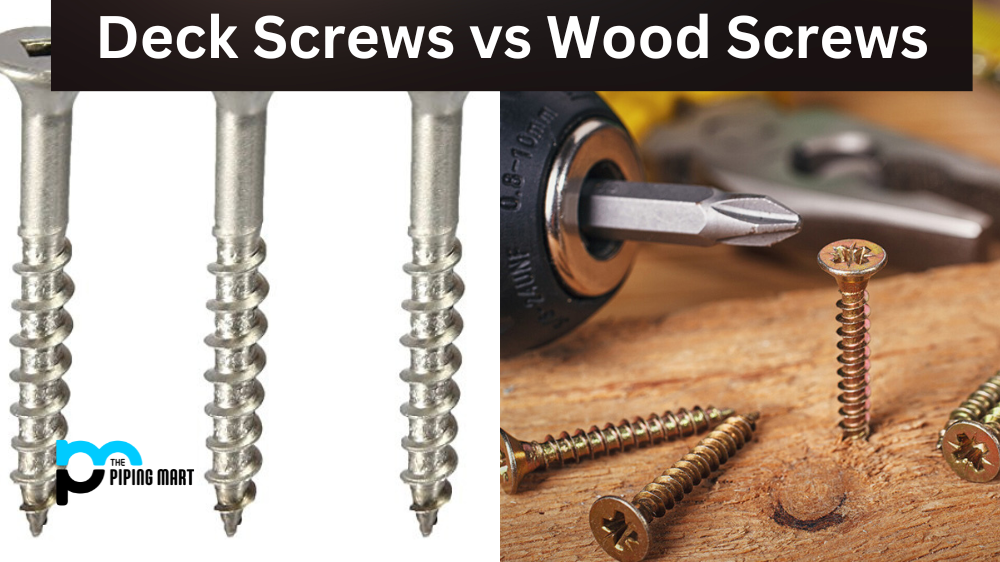Aluminium is a highly versatile metal with many uses, from construction and transportation to consumer goods and electronics. However, as with all metals, aluminium is susceptible to corrosion, leading to unsightly damage, weakened structures, and costly repairs. In this blog, we’ll explore some of the most effective ways to prevent aluminium corrosion, so you can protect your investment and enjoy the benefits of this versatile metal for years to come.
Keep it clean
One of the simplest things you can do to prevent aluminium corrosion is to keep it clean. Dirt and grime can trap moisture against the metal’s surface, leading to a decline over time. Regularly washing your aluminium items with clean, soapy water and drying them thoroughly afterwards can help to prevent this problem. Avoid using harsh chemical cleaners that could damage the surface of the metal, and don’t use steel wool or other abrasive materials that could scratch the surface and make it more vulnerable to corrosion.
Apply Protective Coatings
Another effective way to prevent aluminium corrosion is to apply protective coatings. These coatings create a barrier between the metal and the elements, preventing moisture and corrosive substances from coming into contact with the surface. Many different types of coatings are available, including paint, powder coatings, and anodizing. Which one you choose will depend on the specific properties you need, the application method, and the environment in which the metal will be used.
Control the Environment
The environment in which aluminium is used can significantly impact its susceptibility to corrosion. High humidity, exposure to saltwater or other corrosive substances, and exposure to acidic or alkaline substances can all increase the risk of decay. Suppose you’re using aluminium in a marine environment, for example. In that case, it’s essential to take additional measures to prevent corrosion, such as using high-grade alloys or applying protective coatings specifically designed for use in this environment.
Monitor for Damage
Even with the best prevention measures, corrosion can still occur. That’s why monitoring your aluminium items regularly for signs of damage, such as discolouration, pitting, or flaking, is important. Catching corrosion early can prevent it from spreading and causing more extensive damage. If you notice any signs of decay, it’s important to take action immediately to minimize the damage and protect the longevity of your investment.
Choose the Right Alloy
Finally, choosing the right alloy can also help to prevent corrosion. Many different aluminium alloys are available, each with its unique properties and levels of resistance to breakdown. When selecting an alloy, consider the environment in which it will be used and any stressors or chemicals it may encounter. Consult a specialist for advice on the best alloy for your application.
Conclusion
Aluminium is a valuable and versatile material used in various applications. Still, it’s important to protect it from corrosion to ensure its longevity and maintain its value. By keeping aluminium clean, applying protective coatings, controlling the environment, monitoring for damage, and choosing the right alloy, you can significantly reduce the risk of corrosion and enjoy the benefits of this great metal for years to come. Remember that prevention is always better than repair, so take the time to invest in the right protection measures and stay ahead of potential problems.

Pipingmart is a B2B portal that specializes in metal, industrial and piping items. Additionally, we share the latest information and information about materials, products and various types of grades to assist businesses that are involved in this business.




